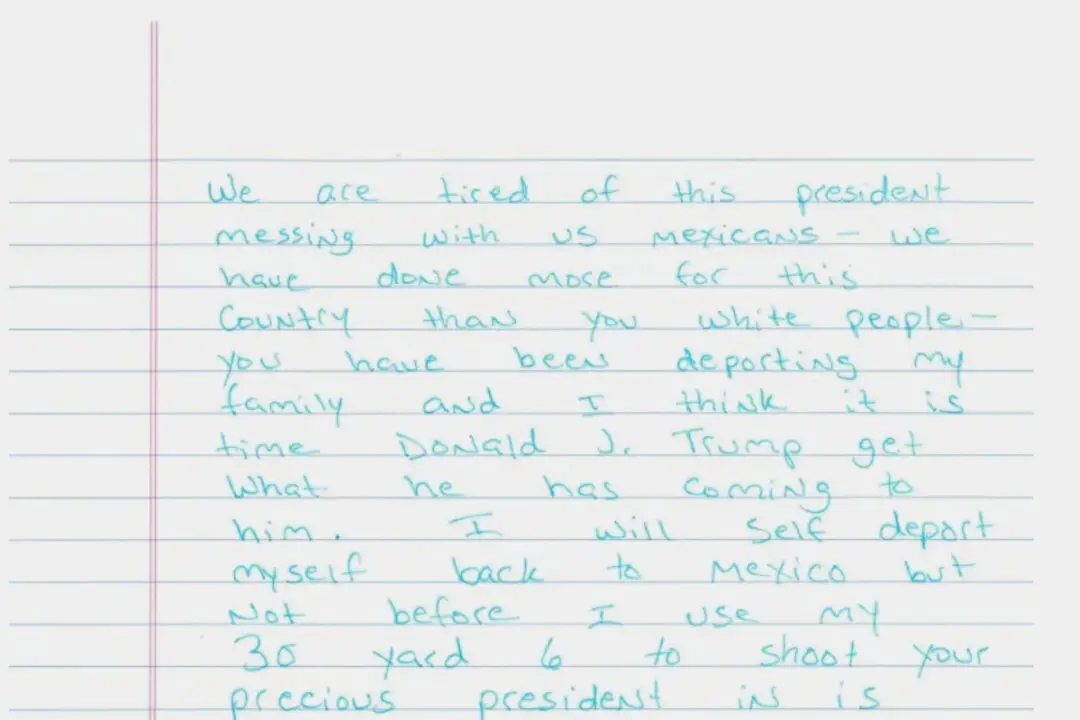NEW DELHI—As the world celebrates reaching an unprecedented global climate treaty, India is praising nations’ willingness to compromise for the good of the planet. But many in the country—which had been among the most strident during the negotiations—worry they had to compromise the most.
In the hours after the treaty was finalized in Paris, India’s environment minister gave a speech that verged toward complaint, saying that the “actions of developed countries are far below their historical responsibilities and fair share.”
“While give-and-take is normal in negotiations, we are of the opinion that the agreement could have been more ambitious,” Prakash Javadekar said.
India’s goals going into the talks were high. It wanted long-polluting rich nations to make the steepest cuts in climate-warming greenhouse gases, so others like India could continue to expand their economies on fossil fuels. It wanted considerable finance and free access to new technologies to expand its renewable energy capacity and cope with the effects of climate change.
And it wanted the final Paris climate treaty to enshrine the idea that industrialized nations, which have been emitting greenhouse gases for decades, are historically responsible for the climate crisis.
It was disappointed to some degree on all fronts. While the treaty does make distinctions between rich and poor nations in terms of various actions they should take, it ignores the concept of “historical responsibility” for climate change; it denies free access to new energy technologies; and it leaves open the possibility of developing countries still having to make emissions cuts of their own.
“The draft agreement further weakens differentiation between developed and developing countries like India,” said Prodipto Ghosh, a former climate negotiator with a Delhi-based research group, The Energy and Resources Institute. “The absence of any target for financial resources to developing countries is disappointing.”
At the same time, India was determined to avoid being labeled a spoiler in the talks—something it has been called in the past when it stood staunch on having its demands met.
Prime Minister Narendra Modi described the Paris treaty as equitable, saying in a Twitter message Sunday that it “has no winners or losers. Climate justice has won, and we are all working toward a greener future.”
Experts and analysts are still coming to terms with what the deal might mean for India’s development path. Some said the treaty’s very existence was a plus for India, as the South Asian nation of 1.25 billion people will need global help with its development goals, and will continue to press the industrialized world for more action.
“As a vulnerable country, achieving a climate deal was important for India,” added Navroz K. Dubash, coordinator of climate work at an independent New Delhi think tank, the Centre for Policy Research. “While India should certainly do its part, it is important that these mechanisms keep pressure on developed countries for more ambitious actions, to allow countries like India the carbon space to meet our development needs.”





